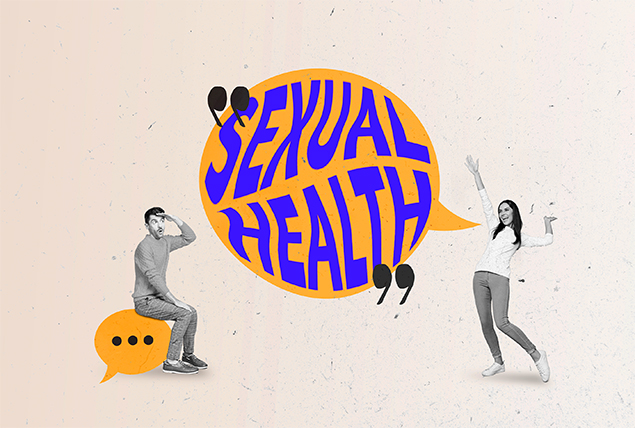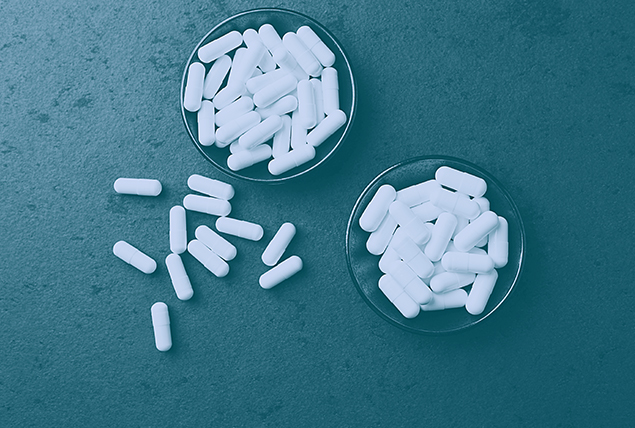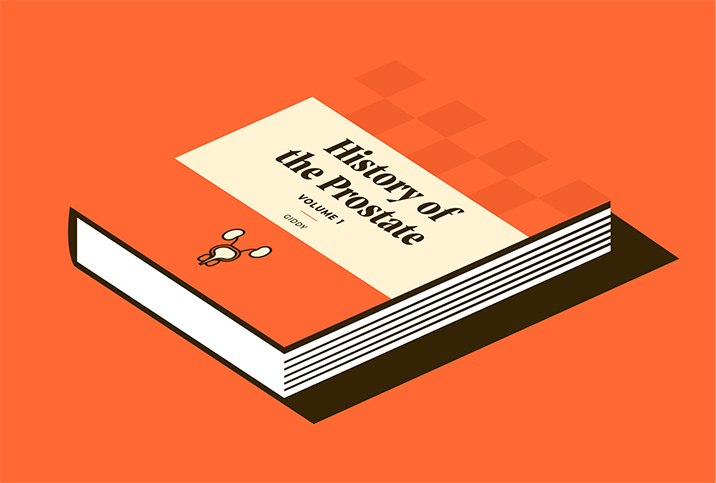8 Ways to Improve Prostate Health Today

It's not only possible, it's probable that a man will face a prostate issue at some point in his life, according to the Harvard Medical School annual report on prostate diseases. Some 80 percent of men will eventually develop benign prostatic hyperplasia (BPH), which is a noncancerous, enlarged prostate.
While the report says that BPH, prostate cancer or prostatitis (inflammation of the prostate gland) may be in the future for most men, it also notes that no easy solutions exist once a prostate issue emerges.
Getting ahead of the problem, however, is a different story. Men have various options to prevent or at least delay prostate complications, including a wide variety of easily achievable lifestyle choices that will impact their prostate health significantly.
What is the prostate?
The prostate is a vital cog in the machinery of male sexual function. It's a walnut-sized gland found near the bladder and in front of the rectum, and it's responsible for making some of the fluid in semen and for propelling semen out of the penis when a man ejaculates.
Early signs of poor health in the prostate—because it surrounds the urethra and is located so near the bladder—are difficulty starting to urinate, needing to urinate frequently or even an inability to urinate altogether. Most of these symptoms correspond to prostate cancer as well as BPH, so get checked regularly and be sure to see your doctor if you experience any changes in urination.
Consider implementing one or more of the following eight options so an unplanned doctor’s trip is less likely.
Eat more veggies
Make sure you get five servings a day of vegetables, especially the green leafy kind, as they are high in antioxidants. Also, get plenty of watermelon, pink grapefruit and tomatoes because they contain lycopene, a substance believed to reduce the likelihood of developing prostate cancer, according to government studies. Take note that grapefruit can have adverse interactions with some prescribed drugs, which in turn can cause kidney failure, respiratory issues and internal bleeding. Speak with your doctor before adding grapefruit to your daily regimen.
Cut down on red meat
Reducing the intake of red meat can extend the life of your prostate significantly. One study of 175,000 men found that those who ate the most red meat had a 30 percent greater chance of developing prostate cancer. Also problematic are processed meats such as hot dogs, bacon and sausages, and cured meats such as pastrami and salami.
Get moving
According to studies carried out at Harvard Medical School, even low to moderate physical exercise, such as regular walking, reduced men’s chances of developing BPH. What's more, men who had already developed prostatitis and prostate cancer and exercised regularly saw better results than those who didn't.
Get outdoors
Getting a little sun can be good for you. Vitamin D has been shown to help prevent certain cancers, help with cognitive health, stave off osteoporosis and more. While the evidence doesn't conclusively establish a beneficial link between vitamin D intake and prostate cancer, at least one study suggests vitamin D supplementation can help.
Our body makes this crucial nutrient when it is exposed to the sun, but you can also get it naturally from fortified milk, fortified cereal and fatty fish, such as salmon and mackerel, or you can buy an over-the-counter supplement.
Cut down on sugar
One study that followed 22,720 men for nearly a decade found a correlation between the amount of concentrated sugars the men consumed in beverages and desserts and the increased incidence of prostate cancer.
Maintain a healthy weight
While researchers are quick to point out that prostate cancer is a complex disease with a variety of causal factors, there is a strong correlation between obesity and aggressive prostate cancer.
Drink your coffee...
A study showed that men who consumed six or more cups of coffee a day had a 20 percent lower chance of developing prostate cancer.
...but cut back on the booze
A long-term study of a group of Harvard alumni found that liquor was positively correlated with up to a 67 percent greater chance of developing prostate cancer. Interestingly, wine and beer consumption showed no such link.
Be kind to your body, especially your prostate gland, and your overall health will improve greatly as you adopt some or all of these simple preventive measures.
Sometimes, lifestyle and diet changes alone don't get the job done and your prostate care needs a boost. A supplement can help, especially one that combines three prostate-friendly herbs in one capsule. Prostate Health vitamins from Giddy Health utilize a formulation of saw palmetto, stinging nettle and pygeum to help manage prostate size and maintain a healthy urinary flow. And microbead technology ensures a timed release throughout the day.












